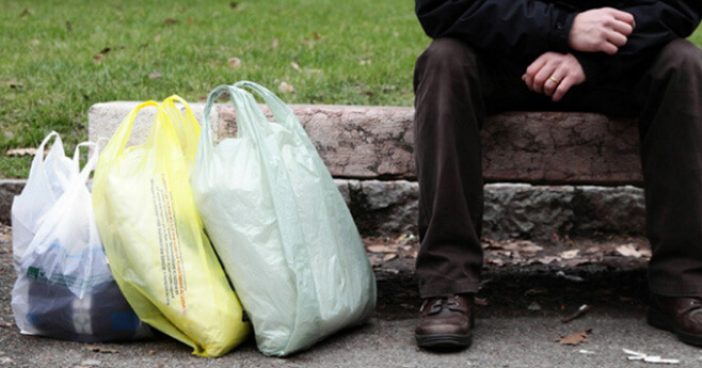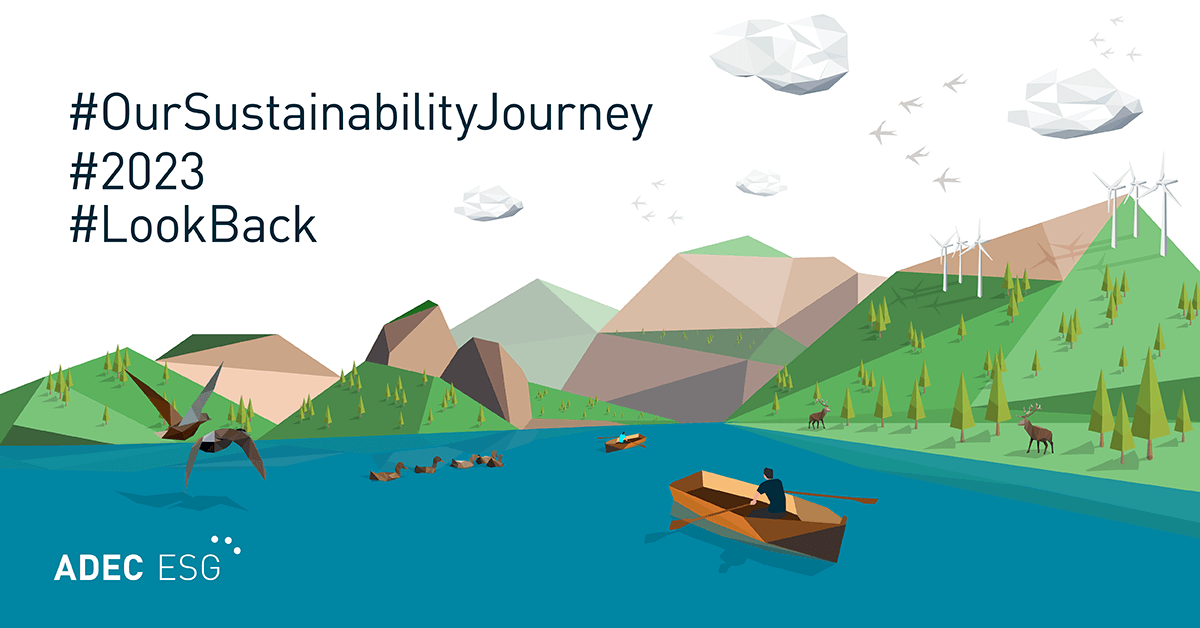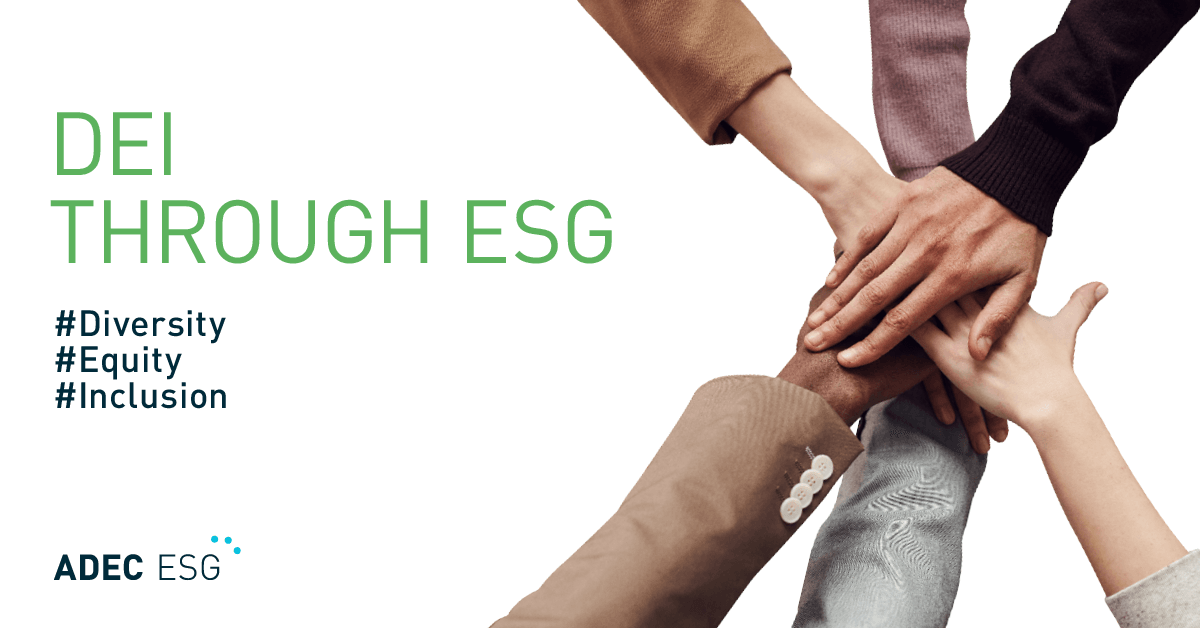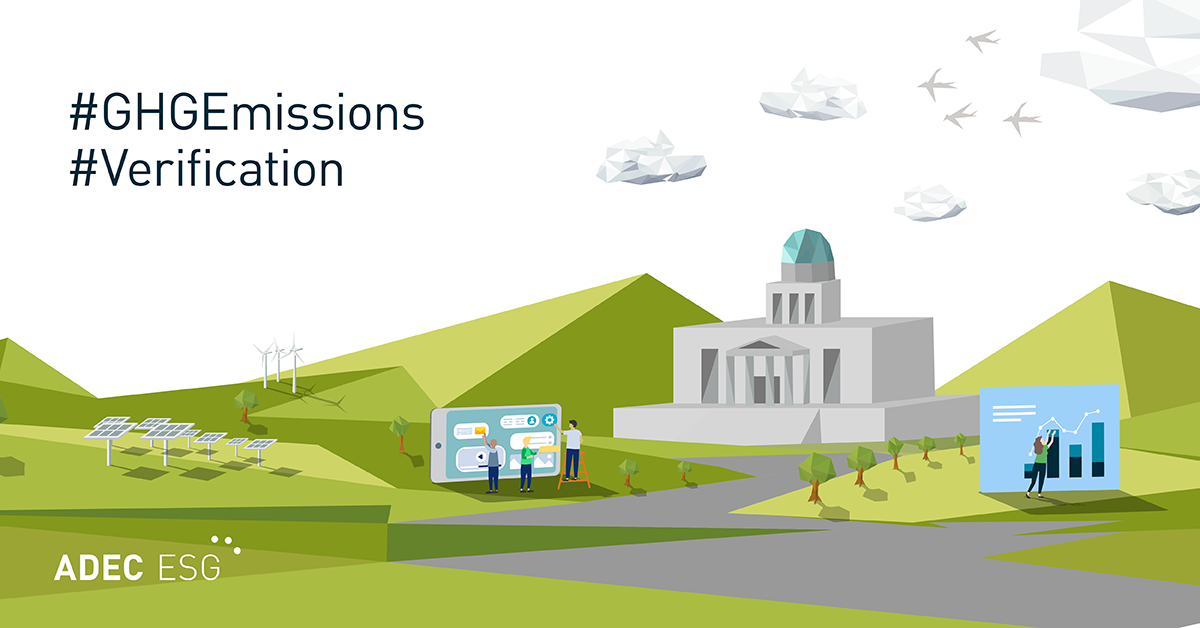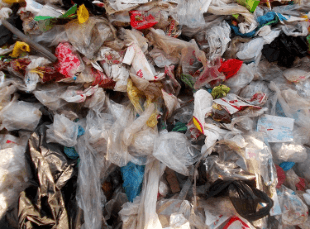 The move to ban the use of plastic bags has long been debated by environmentally-concerned citizens, governments, and plastics manufacturers, especially in the US. The environmental impacts of plastic bags cannot simply be discounted. According to the US National Park Service, it can take anywhere from ten to twenty years for plastic bags to break down in the environment. In the decade or two that it takes for plastic to break down, they take up space in already-crowded landfills, pollute waterways, and pose threats to local wildlife. Some companies that specialize in selling re-usable, environmental-friendly bags such as The Enviro-Pros and EnviroSax, claim that 380 billion plastic bags are used in the United States every year, with an estimated 12 million barrels of oil drilled to make them. What’s more is that only 1 to 2% of plastic bags are actually being recycled according to the Clean Air Council.
The move to ban the use of plastic bags has long been debated by environmentally-concerned citizens, governments, and plastics manufacturers, especially in the US. The environmental impacts of plastic bags cannot simply be discounted. According to the US National Park Service, it can take anywhere from ten to twenty years for plastic bags to break down in the environment. In the decade or two that it takes for plastic to break down, they take up space in already-crowded landfills, pollute waterways, and pose threats to local wildlife. Some companies that specialize in selling re-usable, environmental-friendly bags such as The Enviro-Pros and EnviroSax, claim that 380 billion plastic bags are used in the United States every year, with an estimated 12 million barrels of oil drilled to make them. What’s more is that only 1 to 2% of plastic bags are actually being recycled according to the Clean Air Council.
On the other hand, SPI: The Plastics Industry Trade Association argues that plastics bags are more energy efficient to manufacture and consume less fossil fuels during their lifetime than composite plastic and paper bags. SPI goes on to state that the average consumer does not have access to plastic bag recycling in their communities, and are not aware of the fact that plastic bags are 100% recyclable.
The statistics behind the amount of plastic bag waste in the United States is a heavily debated topic, especially with the emergence of city bans in recent years. Environmental advocacy groups and some community members in different cities and counties are active supporters of plastic bag bans which they believe can help reduce the amount of plastic bags that end up in landfills and waterways. Many cities are identifying strategies to reduce the amount of plastic waste through taxation, along with assessing fines for retailers who continue to use plastic bags. Meanwhile, some cities have implemented plastic ban policies and ordinances. Cities like Monterey, San Francisco, Santa Monica and Los Angeles have all passed similar plastic bag bans.
What is an ordinance to ban plastic bag use? What are its positive outcomes?
 The City of Monterey is prohibiting retail stores from providing customers with single-use plastic carryout bags. Additionally, retailers in Monterey are required to provide customers, at an extra cost, the option of having their purchases packaged in either a recyclable paper or reusable carryout bag. Shoppers who bring their own reusable bags can avoid the extra cost of purchasing a reusable bag from the retailer. Exemptions from the ordinance do apply and you can find the full details on Monterey’s website. The purpose of the ban is to reduce waste of plastic bags in the city, lessen the use of oil required to manufacture the plastic bags, and prevent possible impacts to wildlife. For example, plastic bags or plastic bag particles can be mistaken for food by certain animals. As a result, hundreds of thousands of marine life, such as sea turtles and whales, die each year from ingesting plastic.
The City of Monterey is prohibiting retail stores from providing customers with single-use plastic carryout bags. Additionally, retailers in Monterey are required to provide customers, at an extra cost, the option of having their purchases packaged in either a recyclable paper or reusable carryout bag. Shoppers who bring their own reusable bags can avoid the extra cost of purchasing a reusable bag from the retailer. Exemptions from the ordinance do apply and you can find the full details on Monterey’s website. The purpose of the ban is to reduce waste of plastic bags in the city, lessen the use of oil required to manufacture the plastic bags, and prevent possible impacts to wildlife. For example, plastic bags or plastic bag particles can be mistaken for food by certain animals. As a result, hundreds of thousands of marine life, such as sea turtles and whales, die each year from ingesting plastic.
Additionally, advocates of the plastic bag ban point out that this is in line with Monterey’s Zero Waste goal. The purpose of the Zero Waste goal in Monterey is to add value to the city’s resources and divert 90% of those resources from landfills and incinerators. While these plastic bag bans are relatively new, cities and counties project that they will significantly lessen the volume of waste in landfills, cut the costs for cleanup, and reduce the effects on the natural environment. With a number of potential benefits, the plastic bag ban in Monterey may possibly add value to the Zero Waste goal.
While plastic bag ordinances and bans are a valuable strategy in some jurisdictions, other cities and counties take a non-regulatory approach. Some attempt to reduce plastic bag disposal through emphasizing environmental awareness and education. Awareness programs and information campaigns can focus on educating people about the importance of recycling as an alternative to a plastic bag ban. By creating awareness programs, cities and counties can take a more comprehensive approach to promoting environmentally-conscious consumer decision-making. Opponents of plastic bag ordinances also suggest that bans may not necessarily make people choose effective alternatives, whereas public awareness campaigns and programs alike can suggest environmental actions that can be more achievable.
As the debate continues, this blog may hopefully serve as food for thought about the pros and cons of plastic bags, and how best to address this issue in order to reach a more sustainable future.
FirstCarbon Solutions (FCS) can help your community with your needs for sustainability consultations and environmental impact assessments. For more information, click on the button below:

